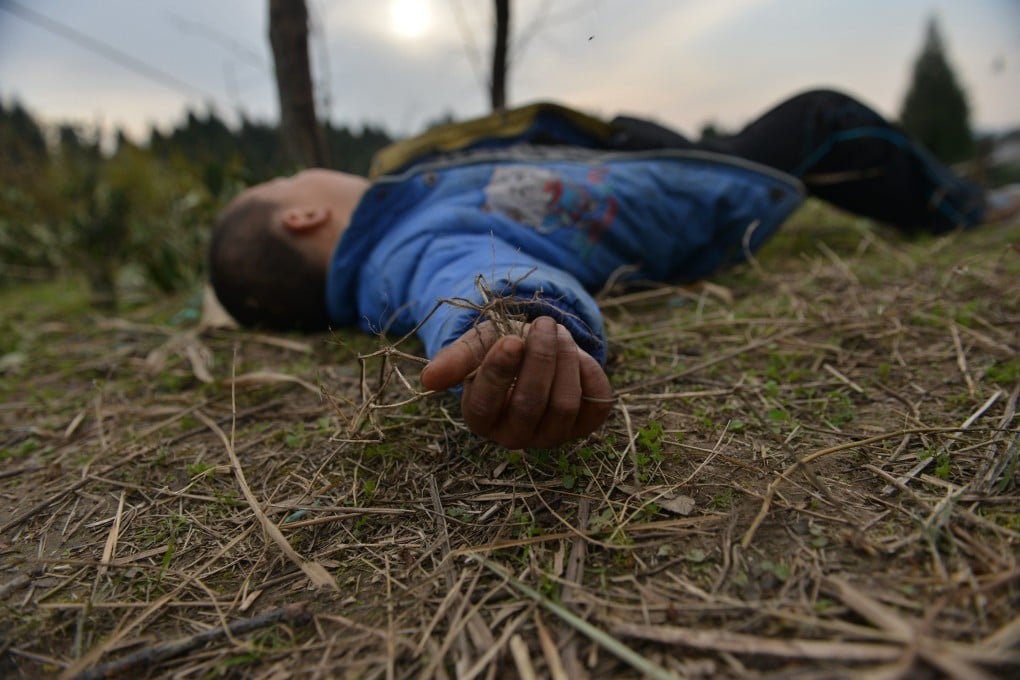A long battle to recognise the plight of Chinese HIV and Aids sufferers
Groups point out that national policy runs counter to laws protecting the afflicted

Two recent cases have highlighted the plight of Chinese living with HIV or Aids, who still face tough social stigmas.
More than 200 residents of a Sichuan village "voted" to oust an eight-year-old HIV positive boy, dubbed Kun Kun by the media, in early December. His grandfather was among those who voted to cast him out.
Kun Kun's migrant worker parents reportedly abandoned him when he was diagnosed in 2011. Banned from school and shunned by fellow villagers, he spent his time roaming the streets. "Nobody wants to play with me", China Daily quoted him as saying.
Separately, on December 28, Beijing News reported authorities had seized five people for allegedly sending six HIV carriers to harass residents to make way for a redevelopment project in Henan province. Styled as an "Aids demolition team", they put up threatening posts, damaged windows and even brandished blood-filled syringes. Aids patients have reportedly been hired to intimidate people in the poverty-stricken province for a decade following an Aids epidemic caused by rampant blood-selling in the 1990s.
In January 2011, the International Labour Organisation (ILO) and China's Centre for Disease Control and Prevention jointly issued a report on HIV-based employment discrimination in China. It highlighted the so-called physical examination criteria for recruitment of civil servants, a national policy that disqualifies those with sexually transmitted diseases including HIV and Aids from becoming civil servants.
According to Tianxiagong, an NGO serving people with disabilities, hepatitis, HIV and Aids, national policy violates various laws including the Employment Promotion Law and the Regulation on the Prevention and Treatment of HIV/Aids. The latter, in particular, protects the rights of people living with HIV/Aids in the realms of education, marriage, employment and medical treatment.